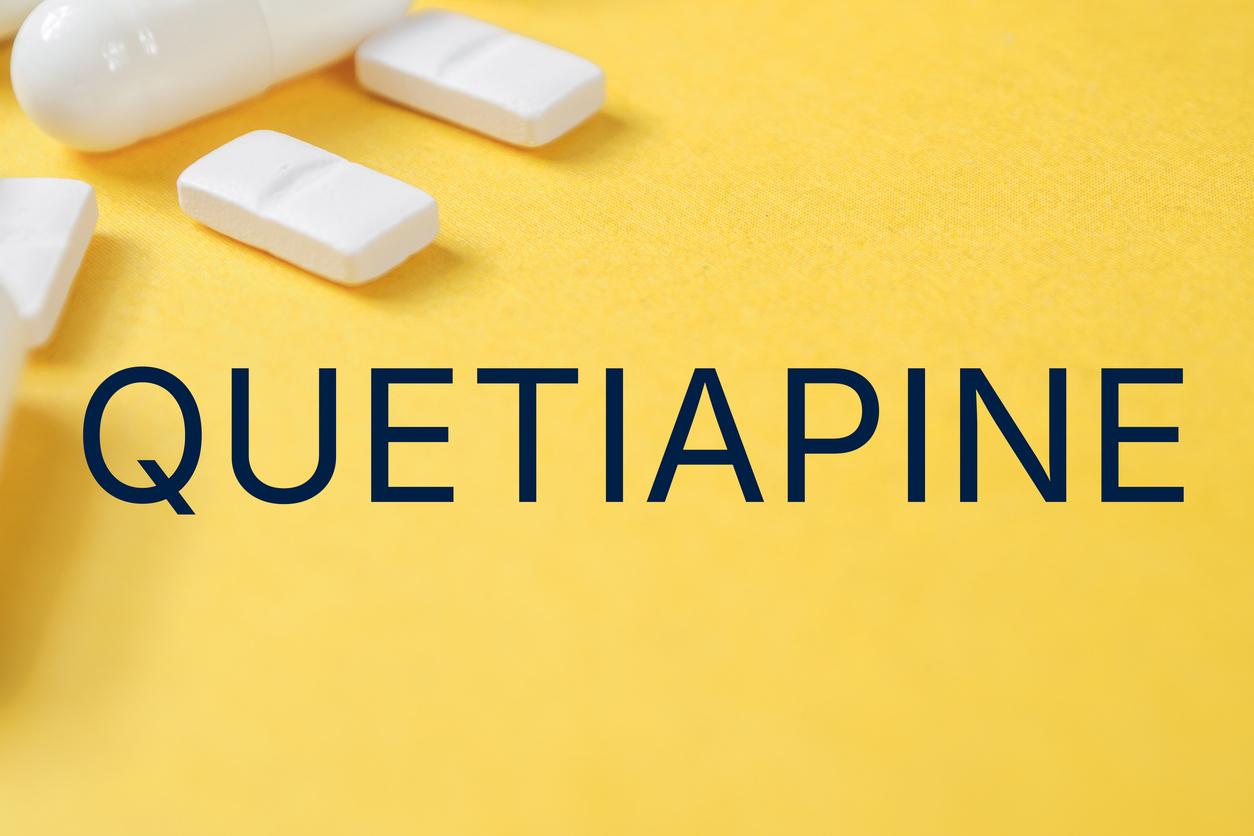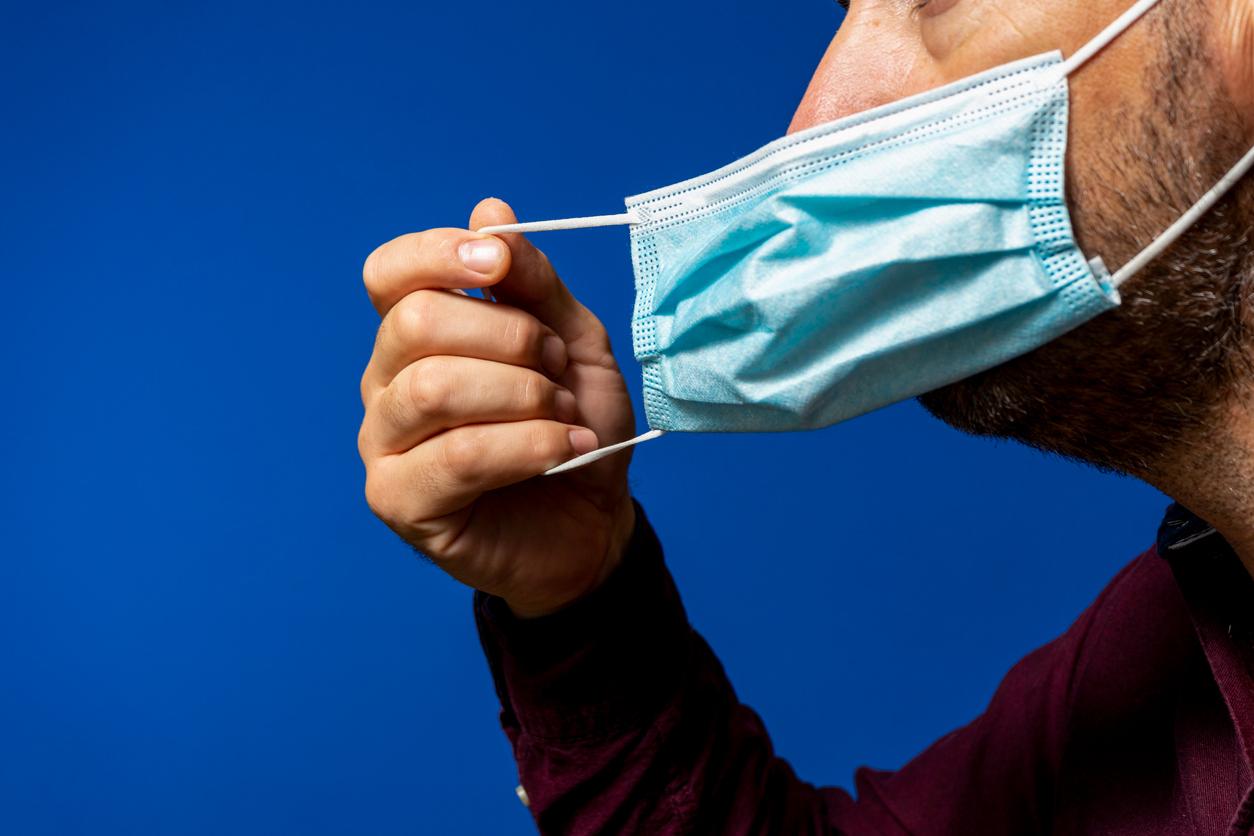Did France manage the Covid-19 health crisis well? On December 10, the Senate Commission of Inquiry, whose report has just been published, notes “a late reaction of our political leaders and a manifest lack of preparation of our healthcare system to contain the epidemic “, stressing the slowness in the transmission of information, in a context where the political agenda was loaded.
In addition, while at the end of December the virus began its low noise distribution and Agnès Buzyn informed the Director General of Health of his initial concerns, his warnings did not meet with any echo throughout the month of January, due to ‘a “limited concern of national and international actors”, underlines the rapporteurs of this survey, recalling that the declaration of pandemic risk alert from the WHO did not take place until January 30.
Ignition delay
The Commission of Inquiry firstly underlines France’s lack of preparation, which should have started under an ideal scenario as early as February.
“The signals emanating from our neighbors were multiplying, we were leading struggles against our first clusters and while the great East addressed to the Elysee Palace the first distresses in the face of the massive and brutal incursion of the virus on the territory, France on the invitation of the Head of State, maintained his outings and leisure activities and prepared for the first round of municipal elections “, observes Sylvie Vermeillet, rapporteur. Before adding that the change of the Minister of Health in the same month of February did not help the preparation of the healthcare system.
The flaws in the healthcare system exacerbated by the crisis
Another major finding: when the state finally reacts, it chooses to structure its response on a care sector centered on the hospital, deliberately excluding city medicine. “This hospital-centrism has produced a sidelining of city professionals, which was deleterious throughout the spring”, underlines Senator Bernard Jomier. Also, the Commission of Inquiry recommends a management closer to the field, with in particular the reinforcement of the ARS as well as a greater mobilization of the actors of the health democracy.
The fiasco of the masks, symbol of the failures of the State
But above all, the senators chose to point out the “fiasco of the masks”, “symbolic of the state of unpreparedness of our country”, according to Catherine Deroche, rapporteur.
This mask fiasco is based on 3 elements.
-First observation, France was left without an FFP2 mask during much of the crisis while stocks were 700 million in 2011. Indeed, since that date, following an opinion from the High Council for Public Health, stocks were no longer renewed. Nevertheless, underlines the Commission of Inquiry, in any case, this meant the abandonment of the strategic stock of FFP2 and surgical masks, which is the responsibility of the State, which moreover suggested the HCSP in its report. The fear of doing too much or budgetary imperatives having undoubtedly guided the choice of non-renewal of stocks.
Even more edifying: in October 2018, the DGS, after being informed that more than 600 million masks were non-compliant due to a new standard, took the decision to destroy them and to buy back (only) 100 million masks.
It is therefore no surprise that stocks are almost empty at the end of 2019.
The director of the DGS, Jérôme Salomon, questioned on the issue during his hearing, explained that he wanted to set up a “rotating stock”. But the answer is not convincing according to the Commission of Inquiry, in particular because the DGS would not have referred to the Minister of Health, who therefore did not know that the country could no longer count on a stock. massive masks.
-Second observation, the Director General of Health intervened directly to modify an expert report, ordered by Public Health France, which recommended the constitution of a massive strategic stock (1 billion masks). And which therefore contradicted the decision taken by Jérôme Salomon not to maintain this strategic stock. The problem is, the final report changed “stock” to “need”. When the crisis arrived, the need being multiplied in a context of global crisis, it was not enough. “This lack of responsiveness and this concealment of the State of stocks had a considerable impact on the management of the health crisis. It is obviously that if we had had a larger stock of masks, the first part of the epidemic would have been different “, said Catherine Deroche.
And when at the end of December, Agnès Buzyn, then Minister of Health, announced during her hearing that she had the intuition that this would be serious, she sent an email to the DGS who knew at that time that he was not. There are only 100 million masks. On January 21, she directly asks the question of stocks. And gets a response from Public Health France on January 24. “What is astonishing is that Jérôme Salomon who was aware of this stock during all this time did not act”, underlines the senator again.
After the minister’s departure in mid-February, we will have to wait for a first significant order at the end of February. Given the global context, it is already too late.
-Third observation, the government has knowingly concealed the shortage of masks. For example, from March 13, the DGS receives a note indicating that France is facing an equipment shortage. Another alarming note in early February indicates that hospitals in the East and Hauts de France are not equipped.
Consequence of this lack of preparation: “the front-line soldiers found themselves largely under-equipped for several weeks,” said the senators.
The state initially requisitioned masks in a great “cacophony”. Then bought masks as a second step. As of June 15, 4 billion masks are bought at “gold prices” for 2.8 billion euros. In the end, if the DGS had chosen to replenish stocks (1 billion masks) in 2018, the cost would have been 27 million euros, compared to 450 million euros during the crisis.
In response to these findings, the Commission recommends that stocks be made up locally in hospitals, at liberal homes and even in households. But also that a regular control of stocks be put in place.
Source: press conference of the Senate commission of inquiry on the management of the Covid-19 crisis, December 10, 2020.
Read also:
Cancer: 1,000 to 6,000 additional deaths due to Covid-19
Pfizer-BioNtech Covid-19 vaccine: what are the possible side effects?
Covid-19: three times the risk of intensive care for men
















